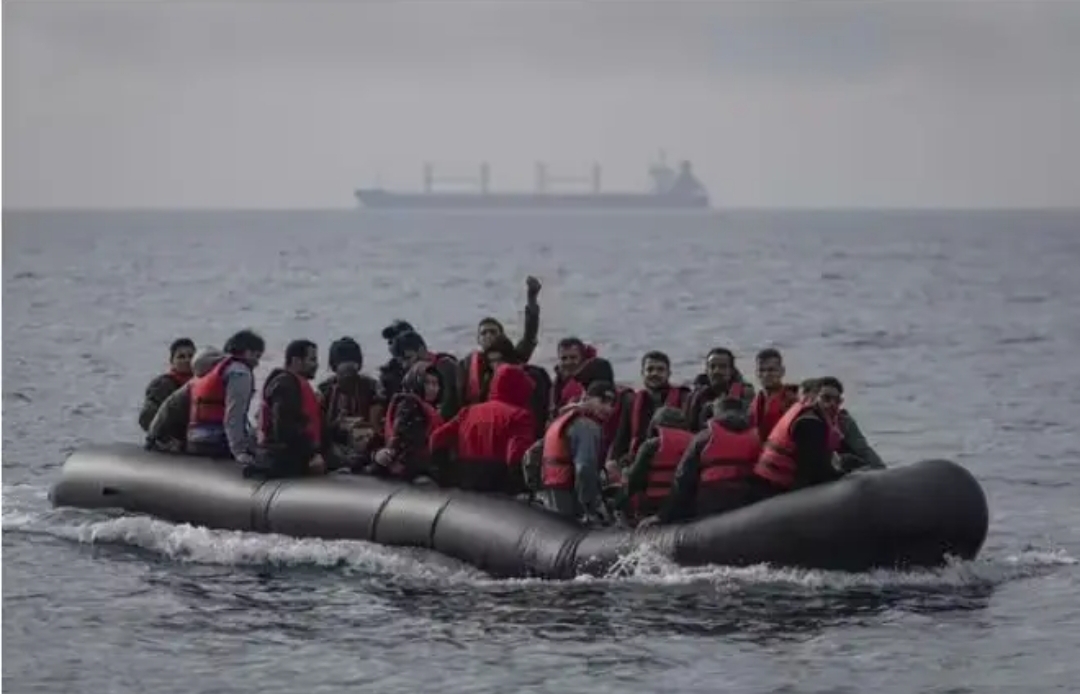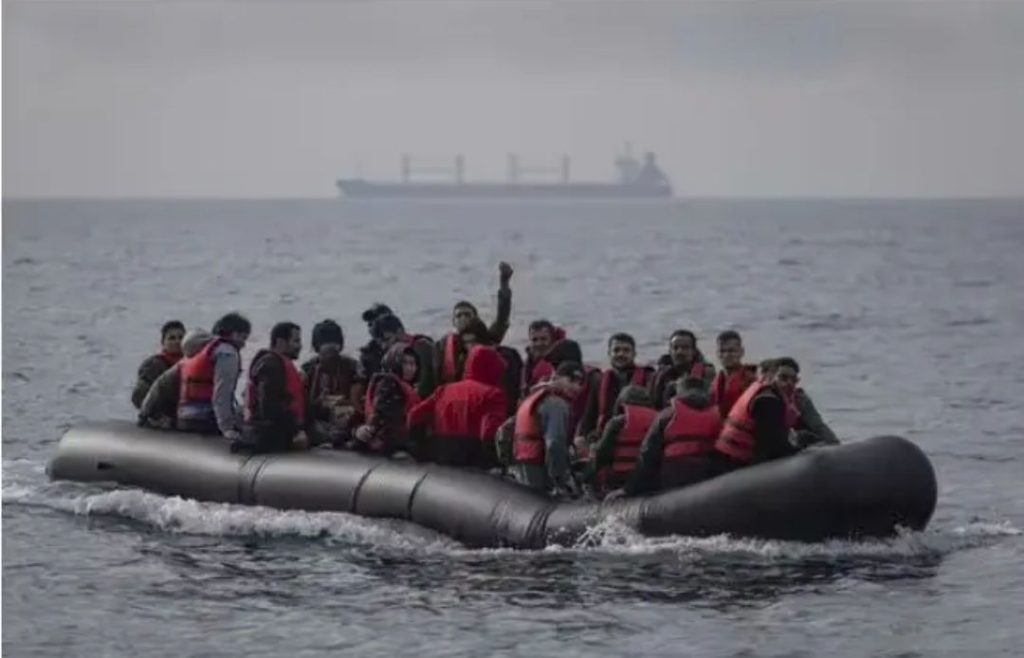
In a tragic incident, at least eight asylum seekers lost their lives in multiple Channel crossings on Friday, marking a disturbing escalation in the ongoing migrant crisis. The Home Secretary, James Cleverly, expressed deep concern, emphasizing that the government “must and will do more” to address the small boat crisis.

Among the reported fatalities, a woman drowned when a dinghy carrying around 60 people deflated, and another individual died as their overcrowded boat, carrying 80 people, began to sink. The grim circumstances highlight the increasing dangers faced by migrants attempting the perilous journey across the Channel.
Insiders revealed a troubling trend – smugglers are now using even flimsier and larger dinghies, likely in response to law enforcement seizing more boats, often manufactured in China or Turkey. With authorities cracking down on existing vessels, criminals are resorting to ordering bulk shipments of inflatable boats, which migrants can quickly pump up on the beaches, exacerbating the risks associated with these crossings.
The tragic events unfolded amid ongoing efforts by the UK government to curb illegal migration, with over 60,000 people arriving in the country this year. Home Secretary Cleverly acknowledged the brutality of people smugglers and stressed the need for increased efforts to prevent such incidents. He expressed gratitude to those involved in the rescue efforts, noting that every intercepted boat represents a potential life saved.
In the wake of these incidents, the spotlight is once again on the dire conditions migrants face and the complex challenges faced by authorities in curbing illegal Channel crossings. The government’s plan to send asylum seekers to Rwanda as a deterrent is facing scrutiny, with Chancellor Rishi Sunak suggesting potential modifications to the Rwanda Bill. The issue remains a contentious one, with the Prime Minister securing a majority in a recent vote, but dissent lingering among some Tory MPs.
As authorities intensify efforts to dismantle smuggling operations, it appears that smugglers are adapting, resorting to riskier tactics with even less seaworthy vessels. This disturbing development underscores the need for a comprehensive and strategic approach to address the root causes of illegal migration, provide safer alternatives, and dismantle the criminal networks responsible for exploiting vulnerable individuals seeking refuge.
The tragic loss of lives in these recent Channel crossings serves as a somber reminder of the urgency to find effective solutions to the complex humanitarian challenge at hand. The government’s commitment to doing more must include addressing the underlying factors driving migration, fostering international cooperation, and ensuring the safety of those in desperate need of protection.




